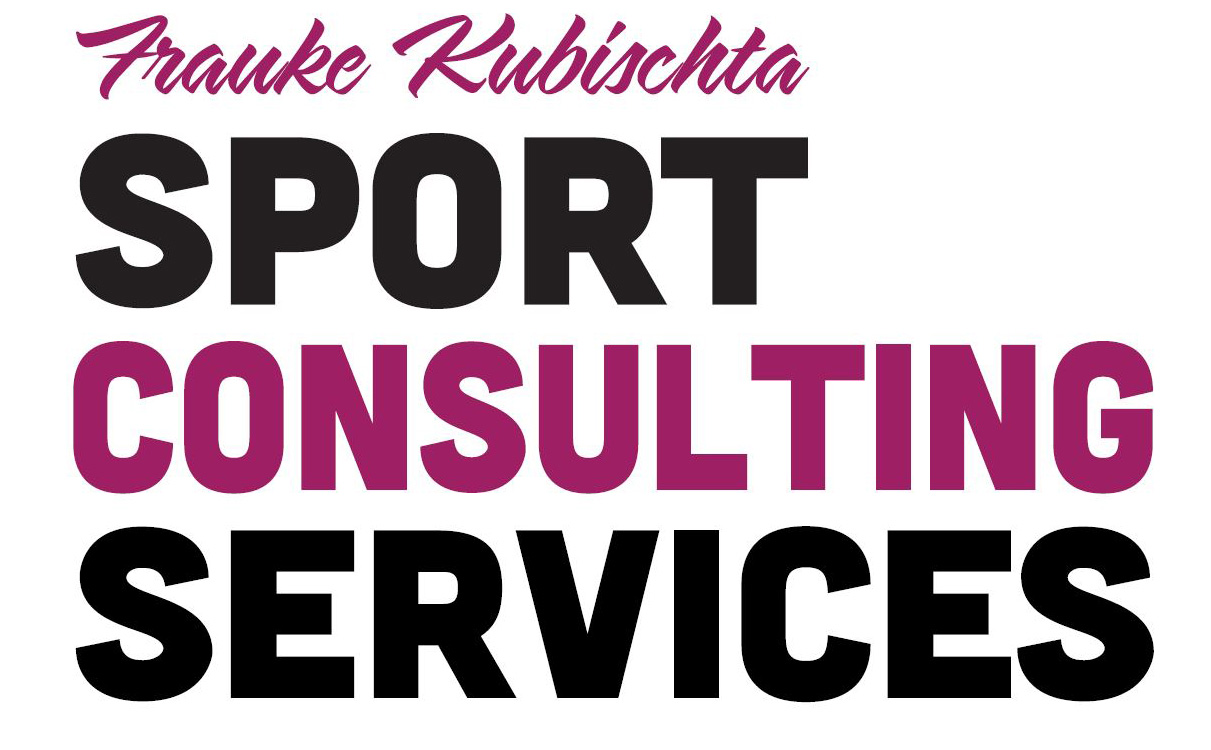


What is a key characteristic, core competence or effective coaching skill that quality coaches possess?
One of them certainly is the ability to make connections, to build rapport with their athletes, their coaching staff, stakeholders within the sporting environment and with the parents of the athletes they are coaching. Connection (rapport) is one of the C’s of the C’s System. Through making positive connections as a coach with the athletes and people around other C’s such as caring and (self-) confidence have a platform to develop on. But as you will find out when reading on, is that making connections is undoubtedly connected to communication.
I just attended the 13th ICCE Global Coach Conference in Lisbon, Portugal, where Dr. Penny Werthner (Dean, Faculty of Kinesiology, University of Calgary) gave an excellent key-note on how coaches she worked with are ’Building a Learning Culture for the Olympic and Paralympic Games’. A key point that Penny made during the talk was that all the coaches she worked with in her career, which spans almost four decades, is a holistic mind-set. This holistic mind-set is characterized by technical knowledge (tech & tac, sport-related) and knowledge on leadership, having a clear vision & purpose and sound communication skills. It is the communication skills which enable coaches to establish connections, rapport, with the people around them, and so creating an excellent environment, where success happens.
The creation of a strong coach-athlete relationship is fundamentally based on the willingness of the coach to adapt to the needs of the athlete (athlete-/person-centred coaching). Building connections means that the coaches takes time to listen to the needs of the athlete, the person in front of her (him) (UK Coaching – Coaching the person in front of you – workshop).
The key-note given by Jorges Braz (National Team Head Coach Futsal, Portugal) at the same conference emphasized the Building of Positive Relationships (Rapport) with athletes as a key competence of coaches, no matter at what level, but especially at the high-performance level it is a competence that should not be neglected. This is achieved through listening to what the athlete has to say and hearing it.
The key-note panel consisting of four National Team Head Coaches, Ricardo Vasconcelos (female basketball), Jorges Braz (male futsal), Paulo Pereira (male handball) and Helder Antunes (female roller hockey) also agreed upon the fact that it is very important to know the athletes/players when they are coming in to join the National Team to be able to create a functioning team as fast as possible. Making connections and empathy (emotional knowledge) were selected as key competences for a coach, as well as sound communication skills (but I will go deeper into the communication C in a another blog).
Fitting to the Connection C in the C’s System is the Closeness C in the 3 + 1 Cs Model by Jowett & Lavallee (2007). Closeness encompasses liking, trust, intimacy, respect and belief in one another, one could argue that this is exactly what connection (rapport) means and is.
A comprehensive article on the topic was written by Bloom, Falcã0 & Caron (2014), but one should not forget the works by Côté & Gilbert (2009), Lara-Bercial & Mallett (2016), Mallett & Lara-Bercial (2016), and many more (see references in the linked publications for more insights into the topic).
So success doesn’t seem to come by just telling the athlete what to do but through carefully establishing connections with them, building rapport and relationships which are anchored in trust, respect, understanding, values, support, and caring.
Why not invest time in connecting with your athletes? If high-performance coaches do it, so should each of us. This will improve and support the development of our athlete not just in the sport environment but as a person outside of the sport.